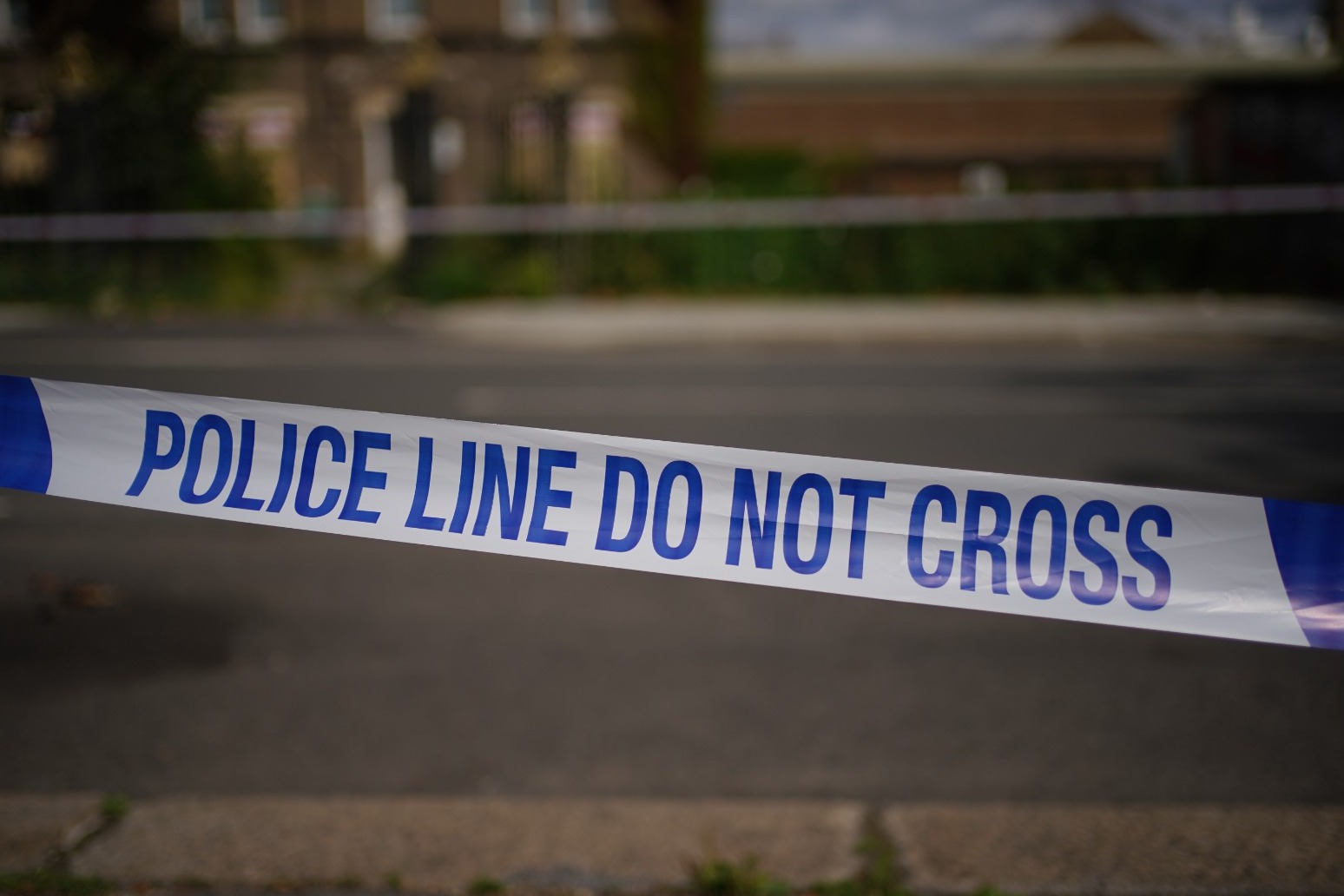
Police forces have committed to follow all “reasonable lines of enquiry” in an effort to improve investigations and drive down crime rates.
The standards setting body published guidance for officers in England and Wales to consider all potential evidence – such as footage from CCTV, doorbells and dashcams, as well as phone tracking – if it could lead to a suspect or stolen property.
The public will therefore know what they can expect from police when they report a crime such as burglary or theft, according to the College of Policing.
It said this will make the service more consistent across regions and solve more crimes.
While the pledge applies to all crimes, Home Secretary Suella Braverman implored officers to act on leads for phone or car theft, shoplifting and criminal damage.
She said it was “unacceptable” such crimes have been treated as “less important”.
The commitment, agreed by the Home Office, the National Police Chiefs’ Council and College of Policing, comes as part of a “crime week” of policy announcements planned by the Government.
Ms Braverman said: “The police have made progress in preventing crime across the country with neighbourhood offences like burglary, robbery and vehicle theft down by 51% since 2010.
“Despite this success, since I became Home Secretary I’ve heard too many accounts from victims where police simply haven’t acted on helpful leads because crimes such as phone and car thefts are seen as less important – that’s unacceptable. It has damaged people’s confidence in policing.
“Criminals must have no place to hide. The police’s commitment today is a huge step forward towards delivering the victim-focused, common-sense policing the public deserve.”
The move comes on top of a previous commitment for forces to attend every home burglary in a new set of standards announced last year.
Ms Braverman has also asked for plans from police chiefs on how they intend to improve visibility in communities.
Policing minister Chris Philp said “there is no such thing as a minor crime” and all “merit proper investigation where there are leads to follow”.
“There are now record numbers of police officers and record funding that has gone into policing, including for more patrols in hotspot areas of crime, and to make neighbourhoods more secure with better street lighting and CCTV. Along with camera images, combined with facial recognition, this will mean many more offenders can be brought to justice.”
Head of the College of Policing, Chief Constable Andy Marsh, said: “It is critically important the public know that when a crime has happened the police will consider all reasonable lines of enquiry and, where appropriate, arrest the person responsible.”
He said the new guidance will support time-pressured officers “to make effective decisions on what is a reasonable line of enquiry”.
“It means all forces are working to the same standard as we come down hard on criminals and deliver what the public want from their police service.”
He added: “Our focus will be on where there is information we can act on.”
National Police Chiefs’ Council lead for investigations, Chief Constable Scott Chilton, said: “Crime has changed and got more complex in recent years, but we have also seen big changes in technology, such as video doorbells and dashcams, that can greatly assist an investigation.
“It is important to remember that each and every case is different and has different complexities, however, officers will use these new technologies when appropriate to gather evidence to build a case for prosecution. There are opportunities to identify offenders that we never had before, and that is something to be very positive about.”
Published: by Radio NewsHub









